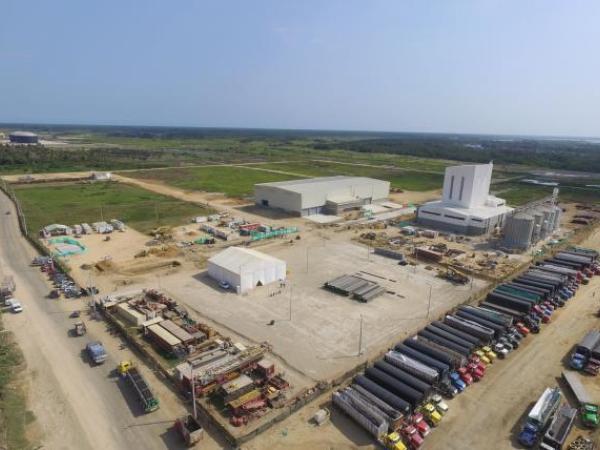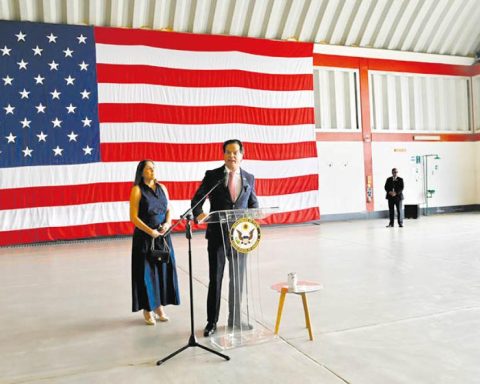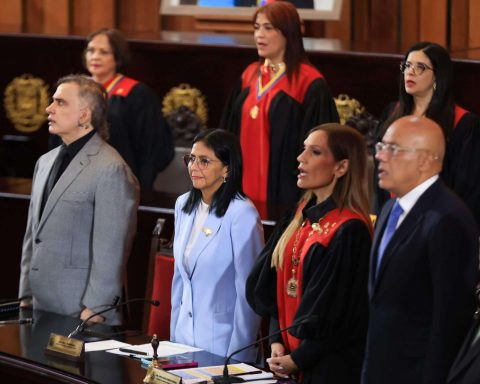The National Government and the actors of the free zones they would have agreed a new mixed tax regime within the framework of the conversations around the tax reform proposal currently being discussed by the Congress of the Republic.
According to the Minister of Finance, José Antonio Ocampo, this new proposal is the product of a series of meetings with the free zone sector. The new project would consist of a mixed tax regime, where those companies dedicated to the export of their goods and services would consist of a 20% taxation, while if they allocate it to the internal market it would be 35%. “This allows radically simplifying the system”, pointed out Ocampo in the framework of the Tax reform forum, in the final stretch, which is developed by EL TIEMPO, Portafolio and Probogotá.
(See: Unions ask to review tax changes to free zones).
This would be aligned with the internationalization plan that the National Government seeks to implement so as not to depend too much on foreign sales of crude oil.
“For example, this rule applies to ports and airports (…) If in Cartagena, I don’t know, there are freight transport services between ships, that is an export and 20% covers it. The same in hospitals, which would be something interesting. If a hospital provides health services to a foreigner, that is taxed at 20%”, indicated the official.
He added that “only” will leave a “slightly broader” list of sectors that “do sell everything to the domestic market” but that they consider “should be subject to such preferential treatment”. Among those, he mentioned the case of Reficar.
(See: Entrepreneurs feel unprotected: this they would pay with taxes).
It is worth remembering that currently, free zones have with a tax benefit of 20% on income tax, unlike the 35% of the rest of the companies. This condition would be maintained in the tax reform under discussion, but it is linked to compliance with an internationalization plan, which, although initially accepted by economic actors, raised doubts about its differential application depending on the type of this regime. especially single-businesses.
However, although the latter were suppressed in the review, now the conditions to comply with the internationalization plan are “stricter”.
(See: Why would more than 400 SMEs be threatened by the tax?).
Article 10 of the tax proposal states that in order to maintain that 20% taxation, the companies located in these spaces must comply with maximum sales limits to the ‘national customs territory’ that may not exceed 40% for taxable year 2024, to be gradually reduced to 30% in 2025 and 20% in 2026.
Western Free Zone.
private file
In other words, within four years, companies in free zones should export 80% of their production.
(See: Details of the new Argos dock in Cartagena: it will triple production).
The article states that industrial users who fail to comply with this measure for three consecutive years, “they will lose” their authorization to operate under the regime despite the fact that their physical location is within a free zone.
of this fulfillment Users of offshore free zones and operator users are excepted.
(See: Nearshoring projects also reach Free Zones).
Economic agents agree that the national sales threshold affects customs and foreign trade benefits.
BRIEFCASE

















